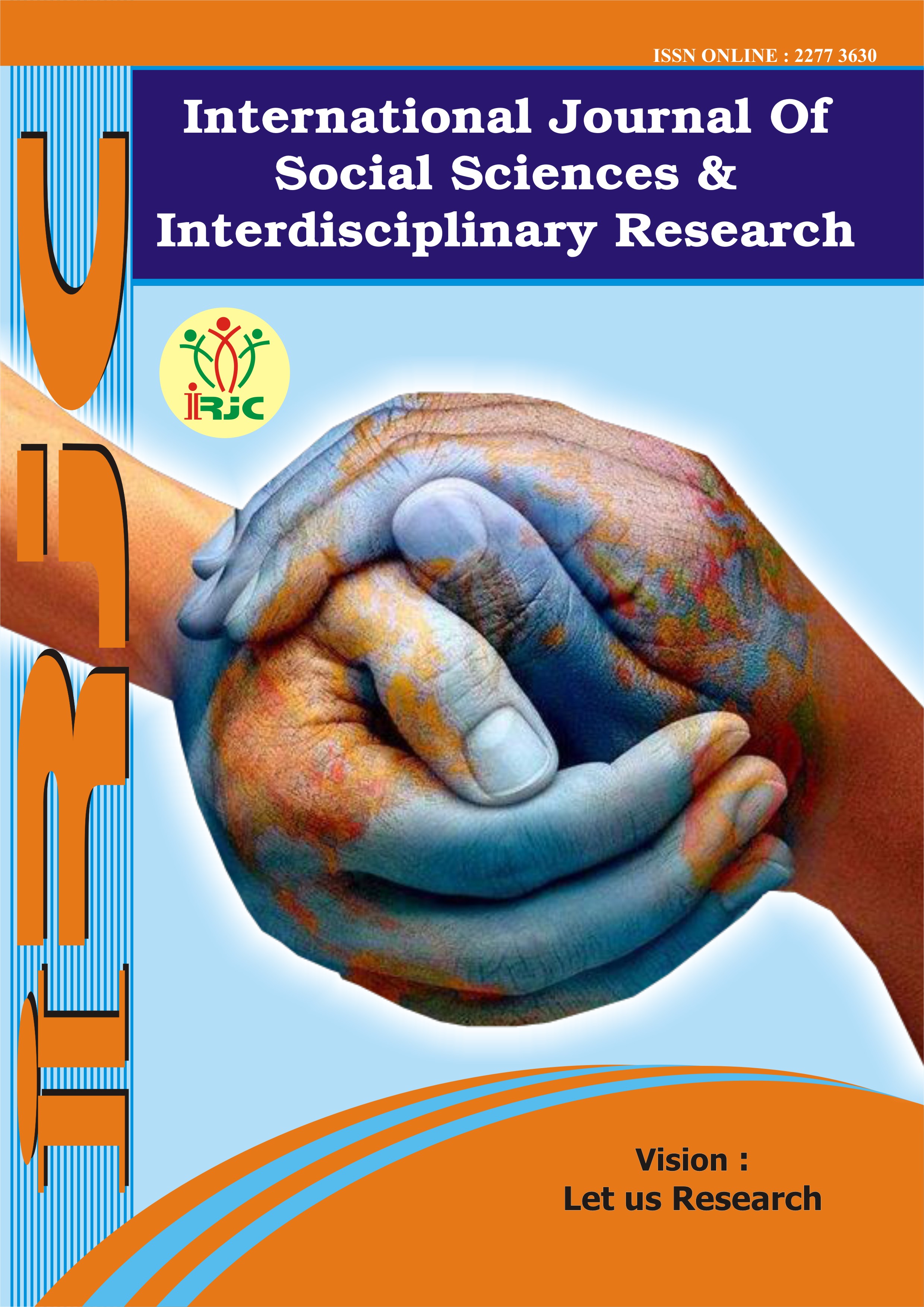ADVANTAGES OF CREDIT-MODULE SYSTEM IN THE FIELD OF EDUCATION
Keywords:
Education system, credit-Module System, Preferences, history, possibility of independent selection.Abstract
The educational system is directly responsible for the production of knowledge and science. The level of teachers, the need for pupils, the content of instructional literature, and the infrastructure geared at the establishment of Independent Education all contribute to the educational system's effectiveness. This means that advanced staff training, boosting their competitiveness in line with labor market demands, and the training of creative-thinking specialists are all strongly linked to the teaching process in training camps. Opinions and comments on the benefits of the credit module system in the sphere of education are presented in this article.
References
Decree of the President of the Republic of Uzbekistan Sh. M. Mirziyoyev "On approval of the Concept of development of the higher education system of the Republic of Uzbekistan for the period up to 2030" dated October 8, 2019 No. UP-5847.
Decree of the President of the Republic of Uzbekistan "On measures for further improvement of the sphere of information technologies and communications" dated 19.02.2018 No. UP-5349.
Davydova O. V., Zvonnikov V. I., Chelyshkova M. B. Methodological recommendations for the introduction of a system of credit units (credits) in the university. M., 2010. 50 p .
Buslyuk G. E., Andreenko R. E., Kolechenok A. A. Modular training. Minsk: Krasiko-Print, 2007. 176 p.
Khudoynazarovich, K. S. (2021). Economic issues of ensuring economic efficiency in agricultural production and the use of innovative agricultural technologies. SAARJ Journal on Banking & Insurance Research, 10(2), 16-22.
Downloads
Published
How to Cite
Issue
Section
License
Copyright (c) 2022 GEJournals

This work is licensed under a Creative Commons Attribution-NonCommercial-NoDerivatives 4.0 International License.





